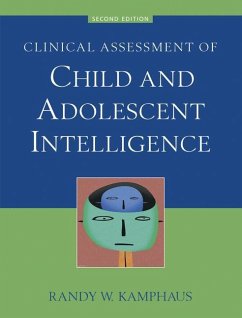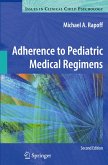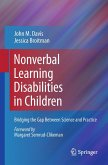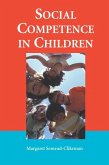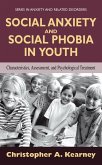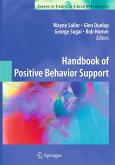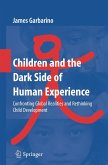This volume - now in its second edition - has been completely updated to provide the most comprehensive and accessible handbook of practices and tools for the clinical assessment of child and adolescent intelligence. Designed specifically as a teaching tool, it provides students with an accessible guide to interpretation and applies the same interpretive systems across many tests. It emphasizes the proper interpretation of intelligence tests within the context of a child's life circumstances and includes several devices to enhance the logical processes of assessment, beginning with test selection and concluding with the reporting of results.
In addition, Clinical Assessment of Child and Adolescent Intelligence:
- Stresses the importance of the interpretive process over the value of specific tests
- Fosters a deeper understanding of the intelligence construct
- Emphasizes learning by example, using valuable case studies and vignettes designed toprovide students with concrete models to emulate
This edition covers all facets of intelligence testing, including detailed explanations of test interpretation, theory, research, and the full-range of testing options for preschoolers through adult clients. New chapters have been introduced on neuropsychological approaches, adolescent and adult intelligence, including coverage of WAIS-III and KAIT, and achievement and intelligence screeners have been added. And although designed primarily as a text for beginning graduate students, the book is also useful as a "refresher" for clinicians who are looking for updated assessment information.
In addition, Clinical Assessment of Child and Adolescent Intelligence:
- Stresses the importance of the interpretive process over the value of specific tests
- Fosters a deeper understanding of the intelligence construct
- Emphasizes learning by example, using valuable case studies and vignettes designed toprovide students with concrete models to emulate
This edition covers all facets of intelligence testing, including detailed explanations of test interpretation, theory, research, and the full-range of testing options for preschoolers through adult clients. New chapters have been introduced on neuropsychological approaches, adolescent and adult intelligence, including coverage of WAIS-III and KAIT, and achievement and intelligence screeners have been added. And although designed primarily as a text for beginning graduate students, the book is also useful as a "refresher" for clinicians who are looking for updated assessment information.

